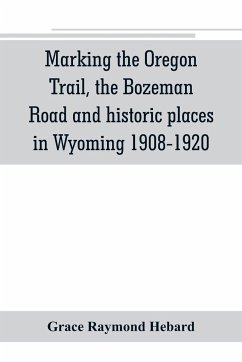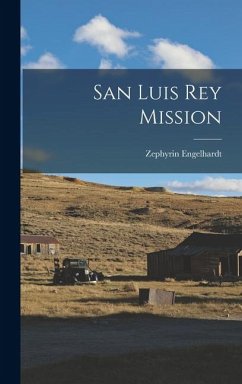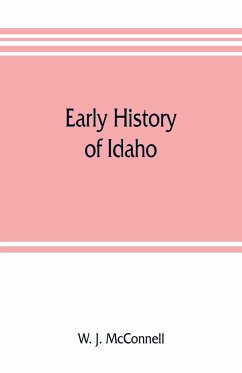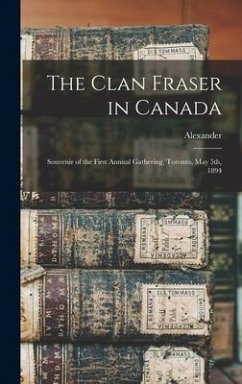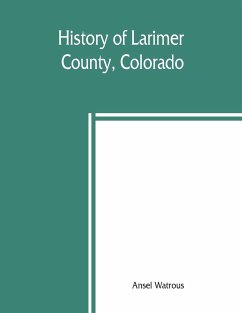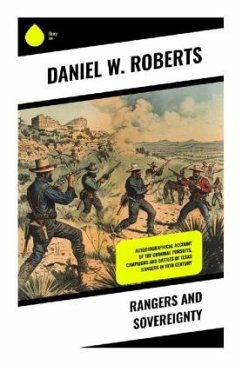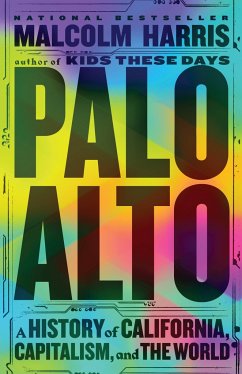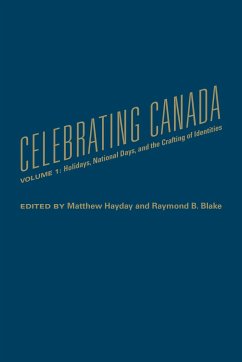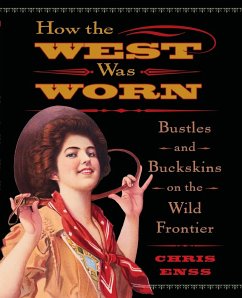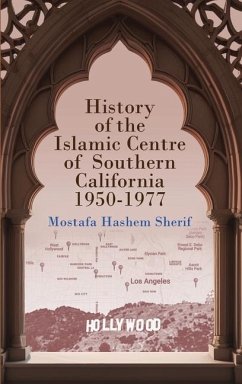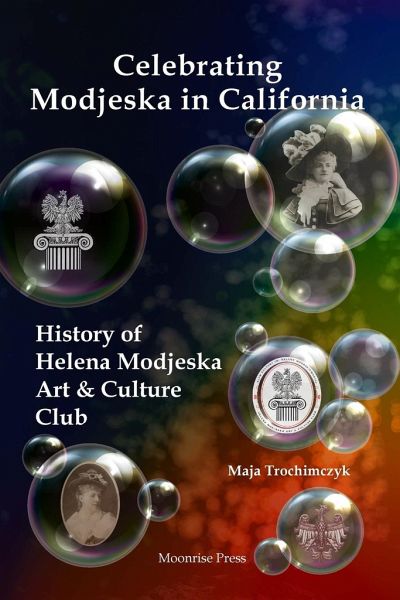
Celebrating Modjeska in California
History of Helena Modjeska Art & Culture Club

PAYBACK Punkte
64 °P sammeln!
"Celebrating Modjeska in California: History of Helena Modjeska Art & Culture Club" is a 440-page case study of a Polish-American organization, active since 1971. This volume reveals the interests, activities, accomplishments, and challenges of successive waves of Polish immigrants to California, especially the generation of the Displaced Persons (survivors and veterans of World War II, mostly interwar Polish intelligentsia), and of the Solidarity-era immigrants. The book is dedicated to "all Polish émigrés and exiles dispersed throughout the world who remained faithful to the Polish languag...
"Celebrating Modjeska in California: History of Helena Modjeska Art & Culture Club" is a 440-page case study of a Polish-American organization, active since 1971. This volume reveals the interests, activities, accomplishments, and challenges of successive waves of Polish immigrants to California, especially the generation of the Displaced Persons (survivors and veterans of World War II, mostly interwar Polish intelligentsia), and of the Solidarity-era immigrants. The book is dedicated to "all Polish émigrés and exiles dispersed throughout the world who remained faithful to the Polish language and culture," especially to all the volunteers of the Modjeska Club, promoting Polish culture in California. Organized into ten chapters, the book starts from a biography of the Club's patron, Polish actress Helena Modjeska (Modrzejewska, 1840-1909); a survey of Polish Americans and their organizations in California; and a biography of the Club's founder, actor-director Leonidas Dudarew-Ossety¿ski (1910-1989). Six chapters are dedicated to distinct "eras" in the Club's history: the Kingdom of Leonidas (1971-1978), the times of Solidarity immigrants (1978-1989), the Third Republic of Poland (1989-1998), the period of stabilization and status quo (1998-2010), the arrival of new people and ideas (2010-2018), and surviving challenges (2018-2023). The tenth chapter is a summary with conclusions and recommendations. The book includes an index and many illustrations from the archives of: the Modjeska Club, Polish Museum of America in Chicago, Valerie Dudarew-Ossety¿ska Hunken - the founder's daughter, American Council of Polish Culture, and other private and public archives. All net revenue is donated to the Modjeska Club. The author, Maja Trochimczyk, Ph.D., a Polish American music historian, poet, photographer and non-profit director, served as President of Modjeska Club in 2010-12 and since 2018.



